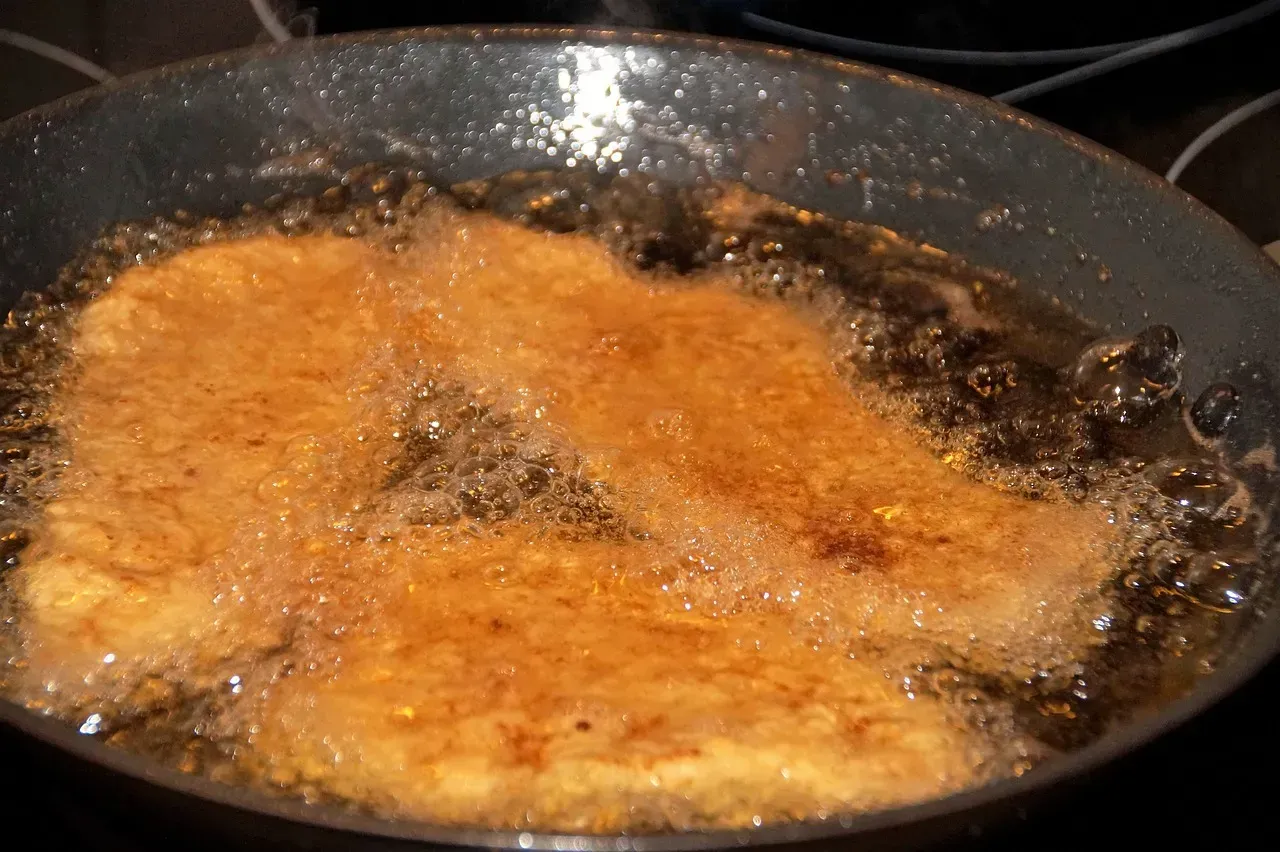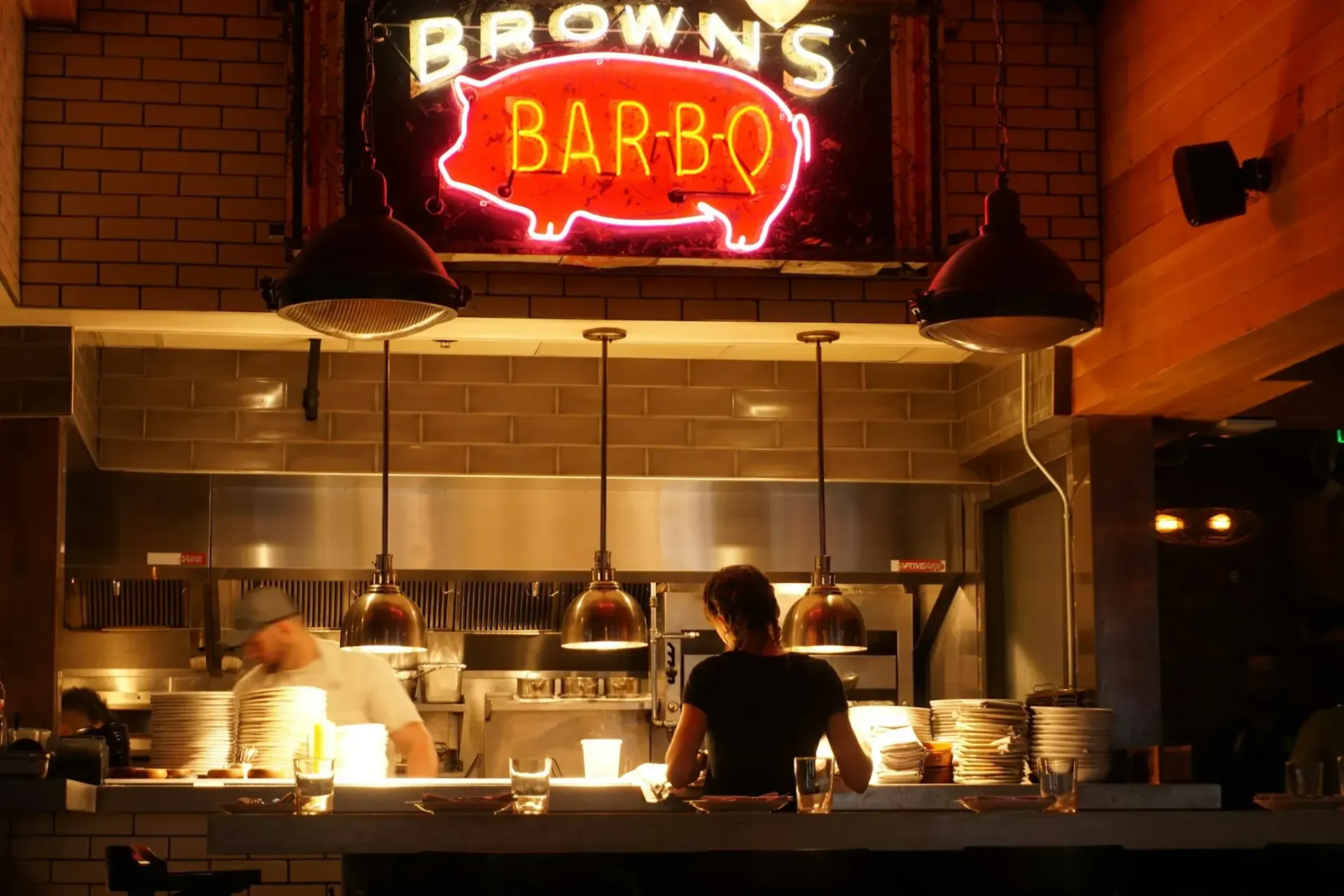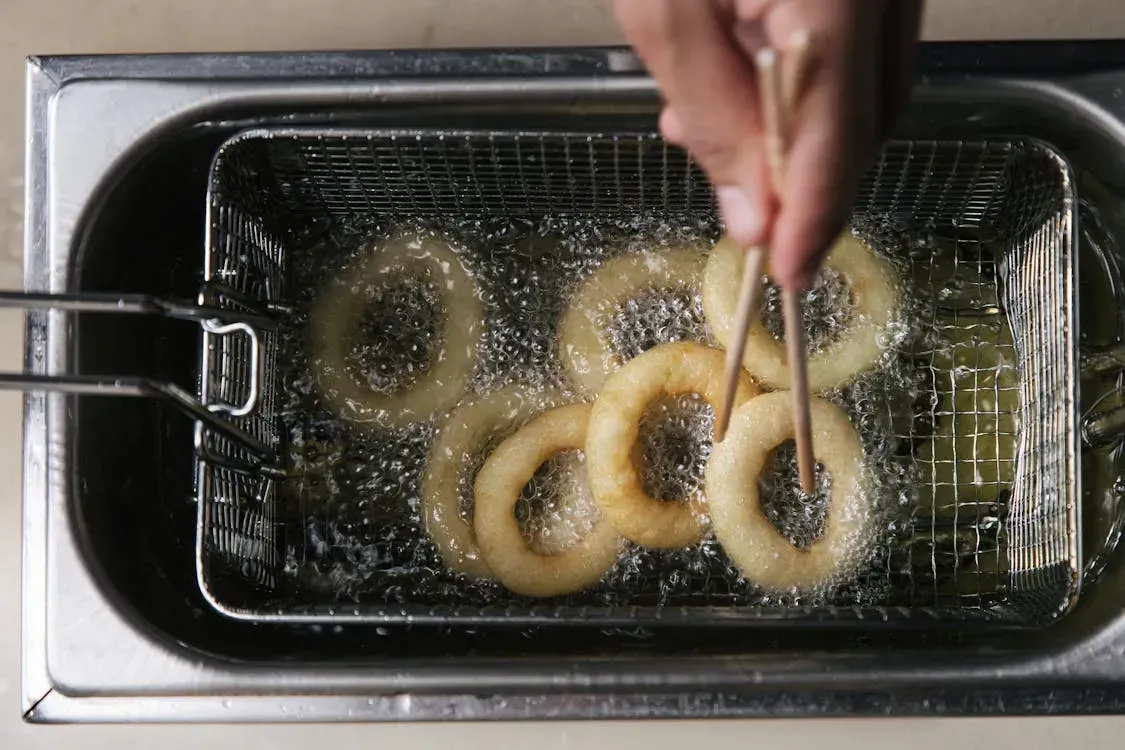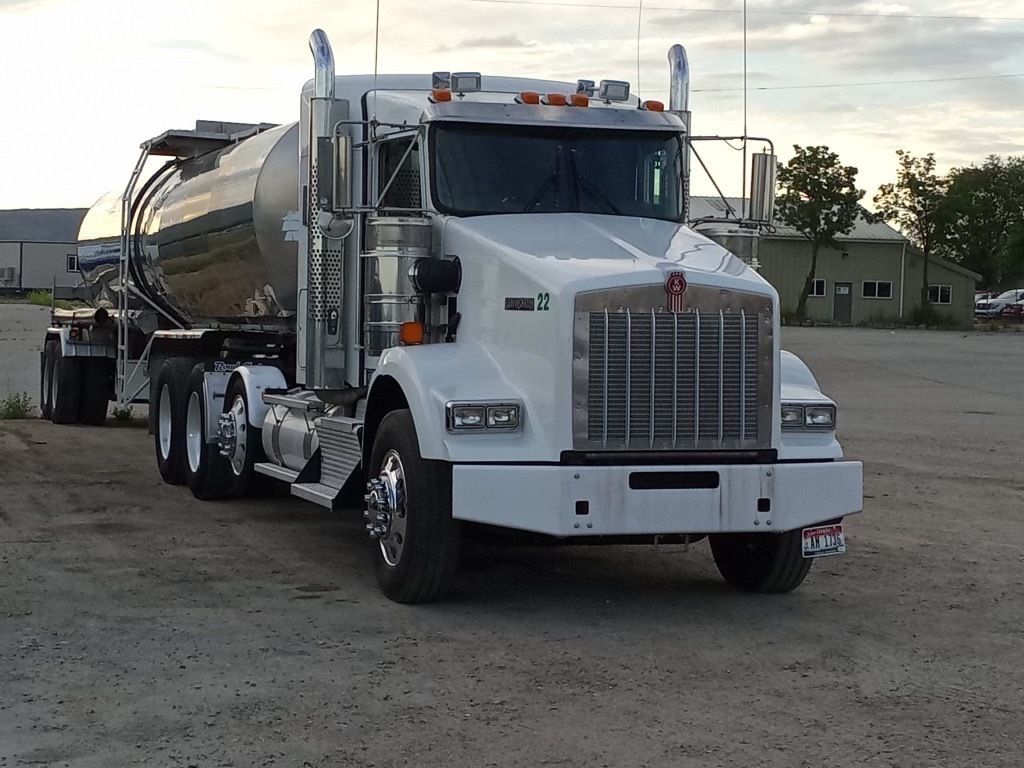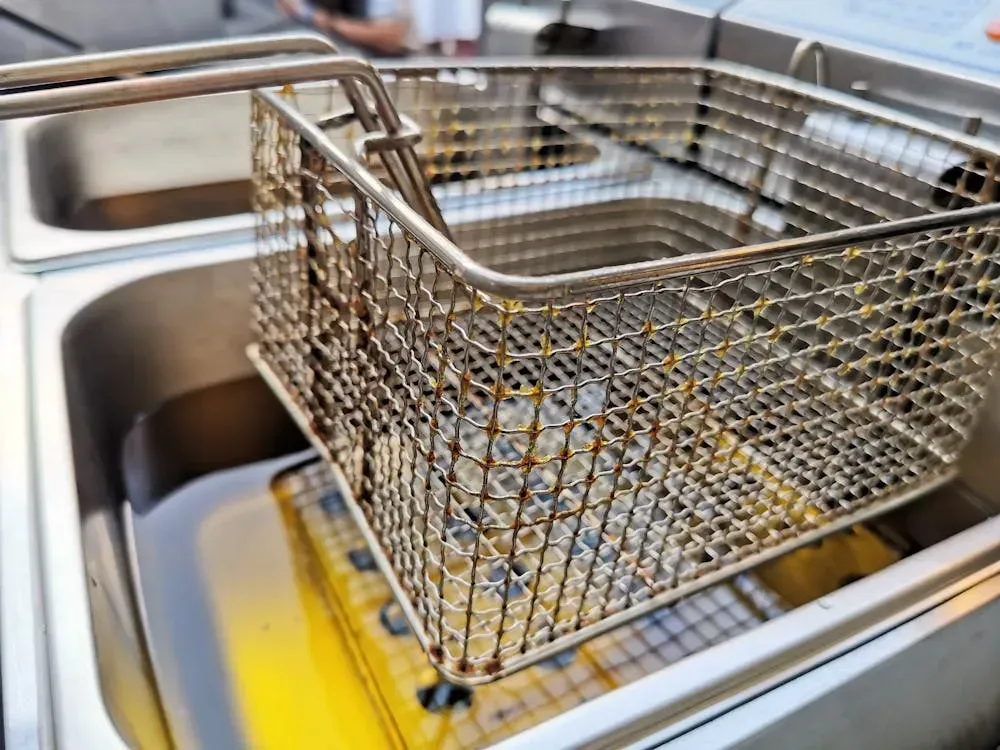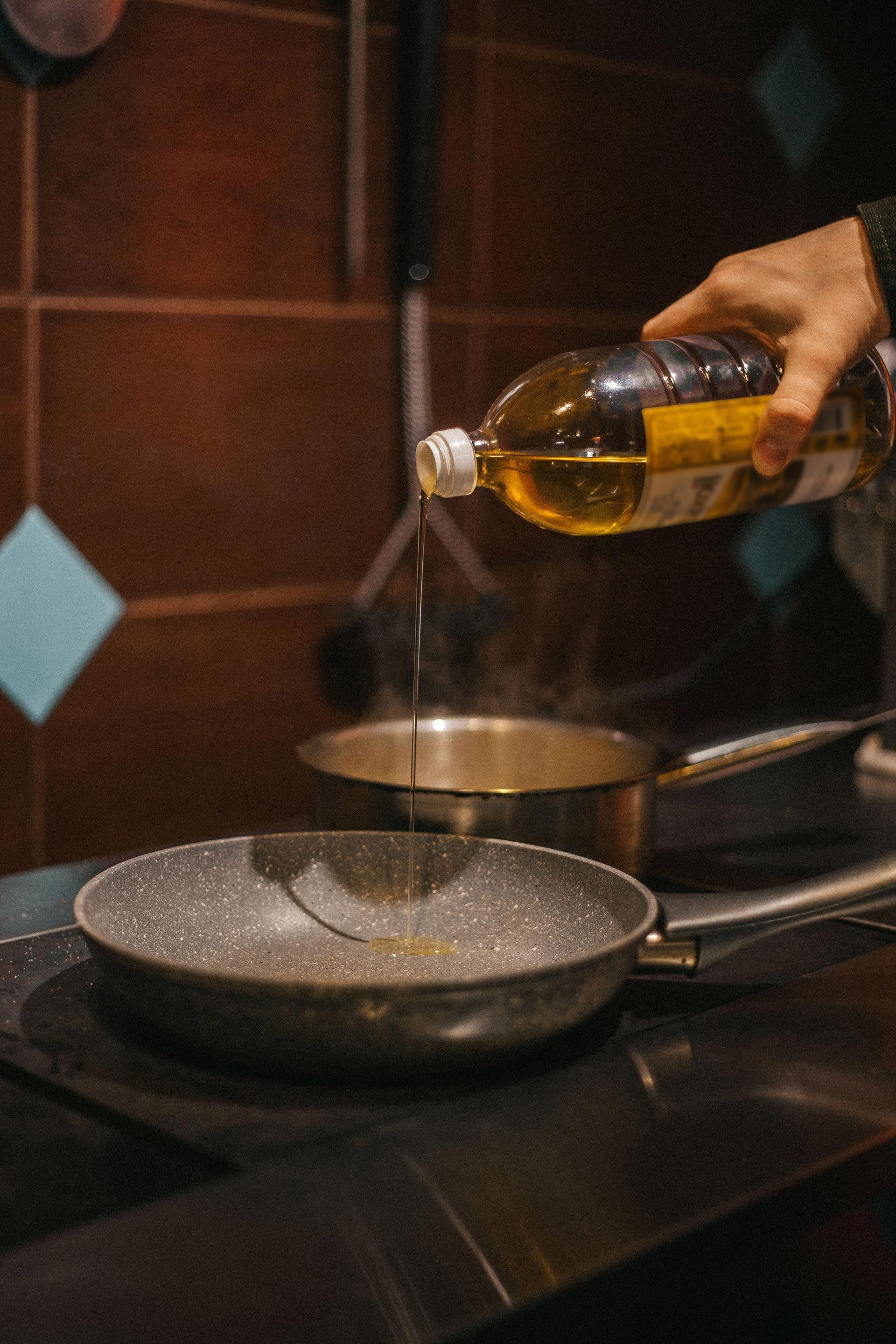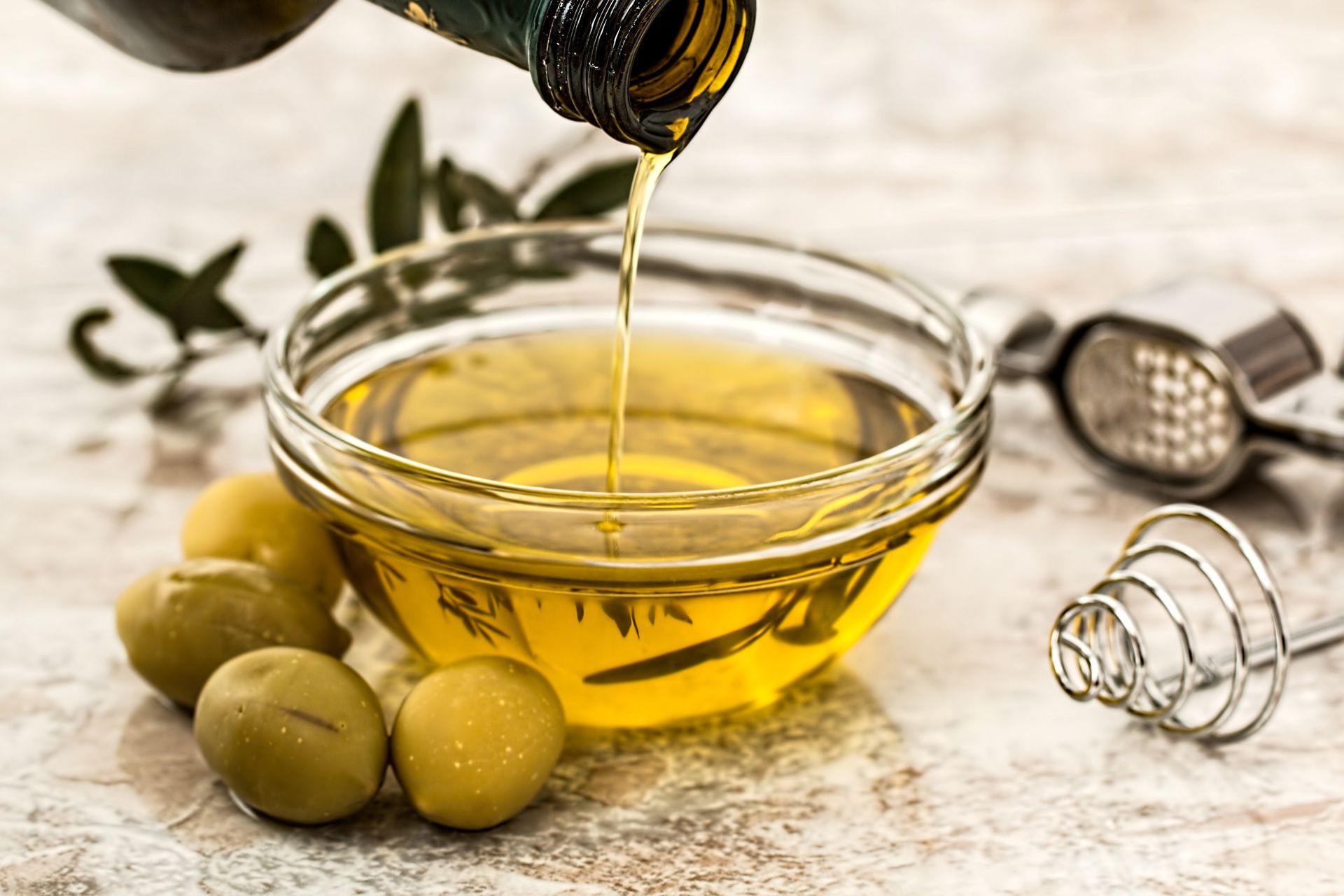Grease Trap Cleaning and Oil Collection Boise, ID
Introduction
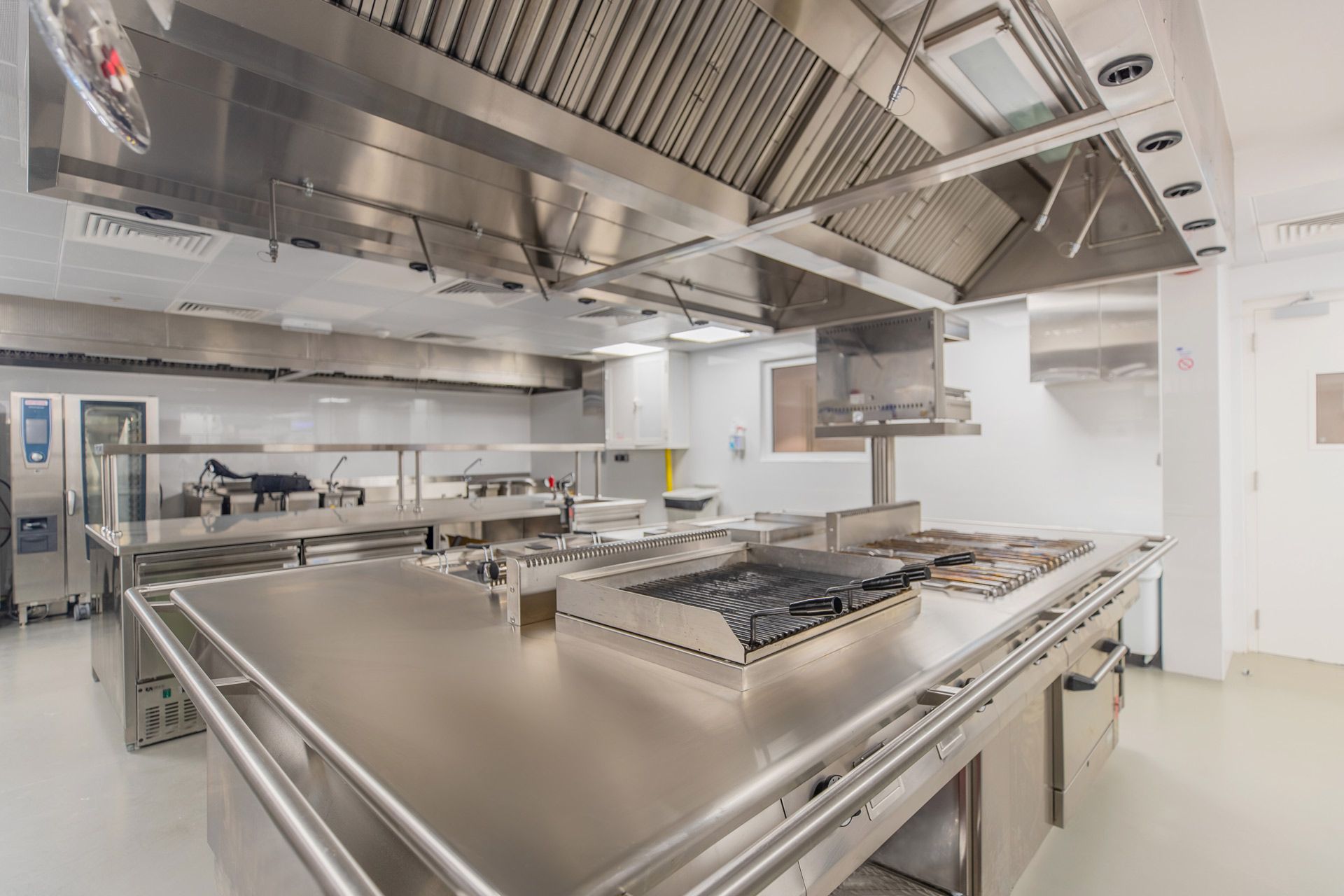
In the bustling city of Boise, ID, restaurants and commercial kitchens are the heart and soul of the local culinary scene. With every delicious dish served, there's a behind-the-scenes process that ensures the smooth operation of these establishments. One such crucial process is grease trap cleaning. A grease trap, as its name suggests, is designed to trap fatty oils, greases, and sludge, preventing them from entering the main sewage system. Regular cleaning of these traps is not just a matter of maintaining the efficiency of the plumbing system but also ensuring the environmental safety of the community. When grease and oil are not properly managed, they can lead to blockages in the sewage system, causing overflows and potential environmental hazards.
Oil collection, on the other hand, is the systematic gathering of used cooking oils from restaurants and commercial kitchens. In Boise, the emphasis on sustainable practices has made oil collection a pivotal activity. Instead of discarding used oils, which can be harmful to the environment, establishments are encouraged to collect and recycle them. This not only reduces the strain on the city's waste management system but also paves the way for the oil to be repurposed into useful products, such as biodiesel. The concept of recycling used cooking oil into biodiesel isn't new. As highlighted in a recent
NBC News article, restaurants are finding innovative ways to turn waste into renewable energy sources. Both grease trap cleaning and oil collection are essential practices that contribute to the sustainable growth of Boise's vibrant food industry.
What is a Grease Trap and Why Does it Need Cleaning?
A grease trap, often nestled discreetly beneath the sinks of restaurants and commercial kitchens, is a plumbing device designed to intercept and capture most greases and solids before they enter the wastewater disposal system. Its primary role is to prevent fats, oils, and greases (often referred to as FOG) from clogging up sewage lines, which can lead to significant plumbing and environmental issues. By separating and holding the FOG from wastewater, grease traps ensure that only water continues down the system, making the treatment process more efficient and less taxing on municipal sewage facilities.
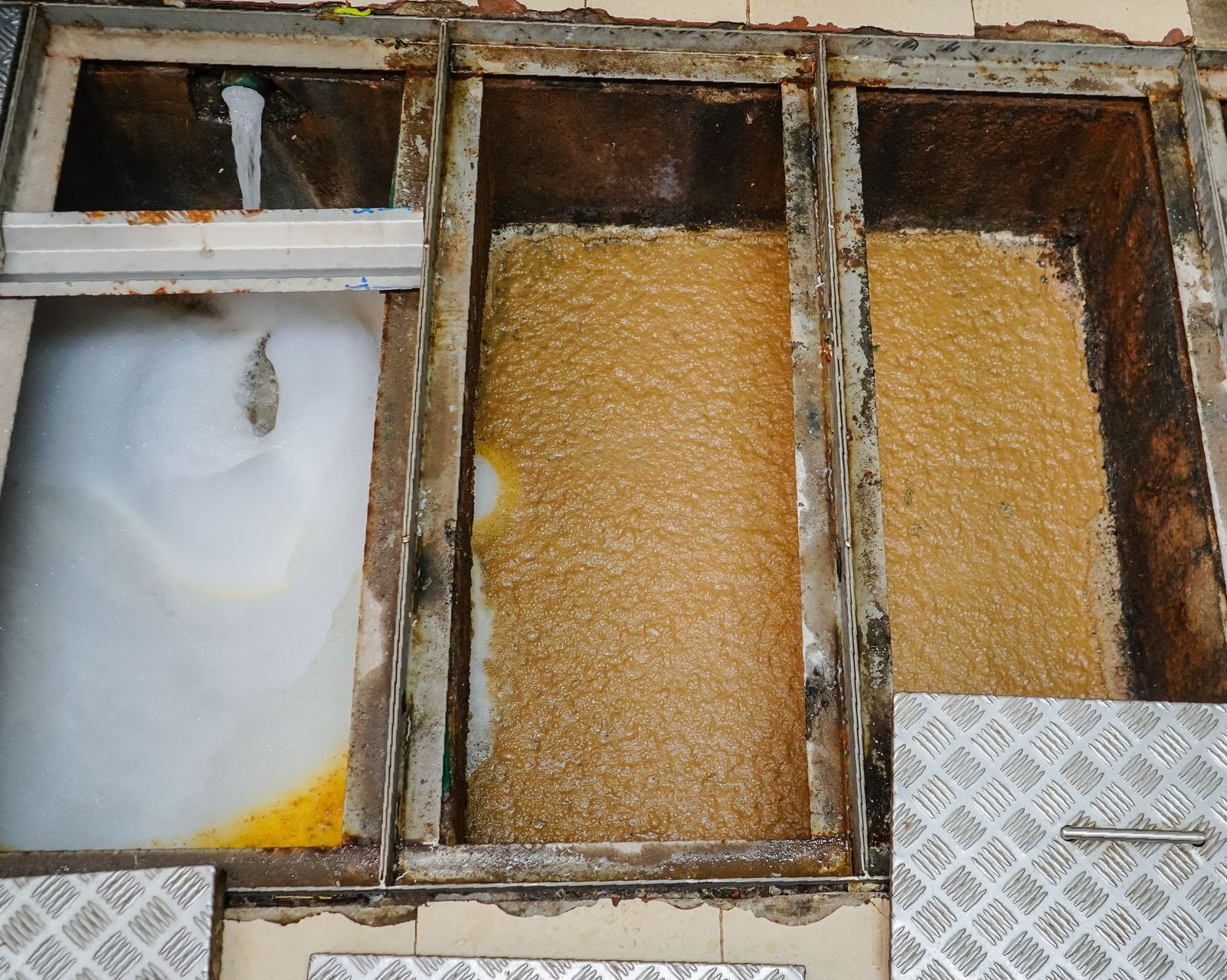
Reasons for Regular Cleaning:
- Regular cleaning prevents the buildup of FOG, ensuring the trap functions efficiently.
- Over time, uncleaned traps can emit unpleasant odors, affecting the ambiance of the establishment.
- A clogged grease trap can lead to costly plumbing emergencies and repairs.
- Ensuring a clean trap reduces the risk of fines or penalties from regulatory bodies.
- Regular maintenance extends the lifespan of the grease trap, saving on replacement costs.
- Clean traps support environmental sustainability by preventing FOG from contaminating water sources.
The Importance of Regular Grease Trap Cleaning for Restaurants in Boise, ID
Boise, ID, restaurants are more than just places to eat; they're community hubs, places of celebration, and gastronomic explorations. But behind those delicious dishes and memorable dining experiences lies a crucial responsibility: maintaining a clean and efficient grease trap. The implications of regular grease trap cleaning stretch beyond just the operational aspects of a restaurant. It plays a pivotal role in cost management, reputation building, and upholding Boise's commitment to environmental sustainability. Let's delve deeper into these impacts.
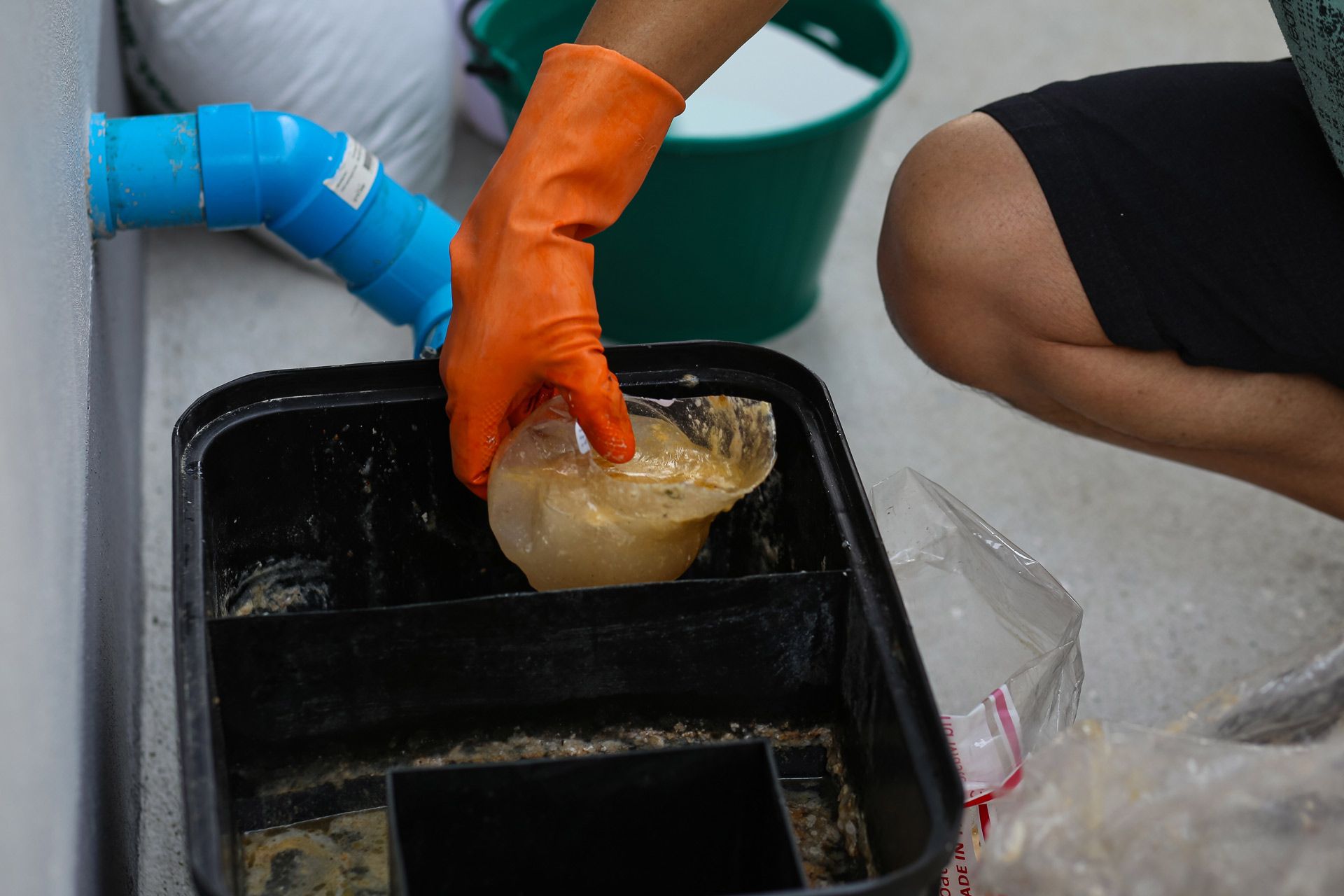
Operational Efficiency
For any restaurant in Boise, smooth operations are the key to success. A clogged or inefficient grease trap can lead to slow drainage or even backflows in the kitchen. This not only disrupts the cooking process but can also lead to unsanitary conditions, affecting the quality of the food and the overall dining experience for customers. Regular grease trap cleaning ensures that the kitchen runs seamlessly, allowing chefs and staff to focus on what they do best: serving delicious meals.
Cost Savings
While it might seem like an added expense, regular grease trap maintenance can lead to significant cost savings in the long run. Ignoring the buildup of FOG can result in severe blockages, leading to plumbing emergencies. Such incidents often come with hefty repair bills and potential downtime for the restaurant, affecting revenue. By investing in routine cleaning, restaurants can avoid these unforeseen expenses and ensure consistent income flow.
Reputation Management
In the age of online reviews and social media, a restaurant's reputation is paramount. An overflowing grease trap or the unpleasant odor emanating from it can quickly become a point of contention for diners. Negative experiences, especially those related to hygiene, can lead to unfavorable reviews, affecting future patronage. Regular cleaning ensures that restaurants maintain a pristine environment, fostering positive customer experiences and reviews.
Environmental Responsibility
Boise prides itself on its commitment to sustainability and environmental preservation. Restaurants play a significant role in this by ensuring that FOG doesn't enter the city's sewage system. When grease traps are left uncleaned, the risk of FOG contaminating local waterways increases, harming aquatic life and the broader ecosystem. By prioritizing grease trap cleaning, restaurants in Boise not only comply with local regulations but also contribute to the city's environmental conservation efforts.
How Often Should You Clean Your Grease Trap?
Determining the right frequency for cleaning your grease trap is essential for the smooth operation of any restaurant or commercial kitchen. While there's no one-size-fits-all answer, several factors come into play that can guide establishments in Boise and beyond.
- Size of the Grease Trap: Smaller traps tend to fill up faster and may require more frequent cleaning compared to larger ones.
- Volume of Business: Restaurants with high customer turnover or those that serve fatty foods might produce more FOG, necessitating more regular cleaning.
- Type of Cuisine: Establishments that primarily serve oily or fried foods will likely need to clean their traps more often than those that don't.
- Previous Cleaning Schedule: Regularly maintained traps might not require as frequent cleaning as those that have been neglected for extended periods.
- Local Regulations: Some municipalities, including Boise, might have specific guidelines or regulations regarding how often grease traps should be cleaned.
- Odor and Slow Drainage: If there's a noticeable odor emanating from the trap or if the sinks are draining slowly, it's a clear sign that the trap needs cleaning.
- Inspection Results: Regular inspections can provide insights into the buildup inside the trap, helping determine the optimal cleaning schedule.
Step-by-step Guide to Grease Trap Cleaning in Boise, ID
Cleaning a grease trap is a meticulous process that requires the right tools and a systematic approach. While many restaurants in Boise opt for professional services, understanding the procedure can be beneficial for any establishment. Here's a step-by-step guide to ensure a thorough and efficient cleaning process.
1. Preparation
Before diving into the cleaning process, it's essential to gear up appropriately. Wear protective gloves to safeguard your hands from the grease and any chemicals. Safety goggles will protect your eyes, and old clothes or overalls will ensure you don't ruin your regular attire. Given the potential odors, a mask can be beneficial.
2. Remove the Lid
Carefully use a wrench or pry bar to open the grease trap lid. It's crucial to do this gently to avoid damaging any seals or gaskets. Once opened, inspect the trap's interior to gauge the level of grease accumulation.
3. Measure and Document the Grease Level
Insert a measuring stick or ruler into the trap to determine the depth of the grease layer. Documenting this measurement can be helpful for future reference and to determine cleaning frequency.
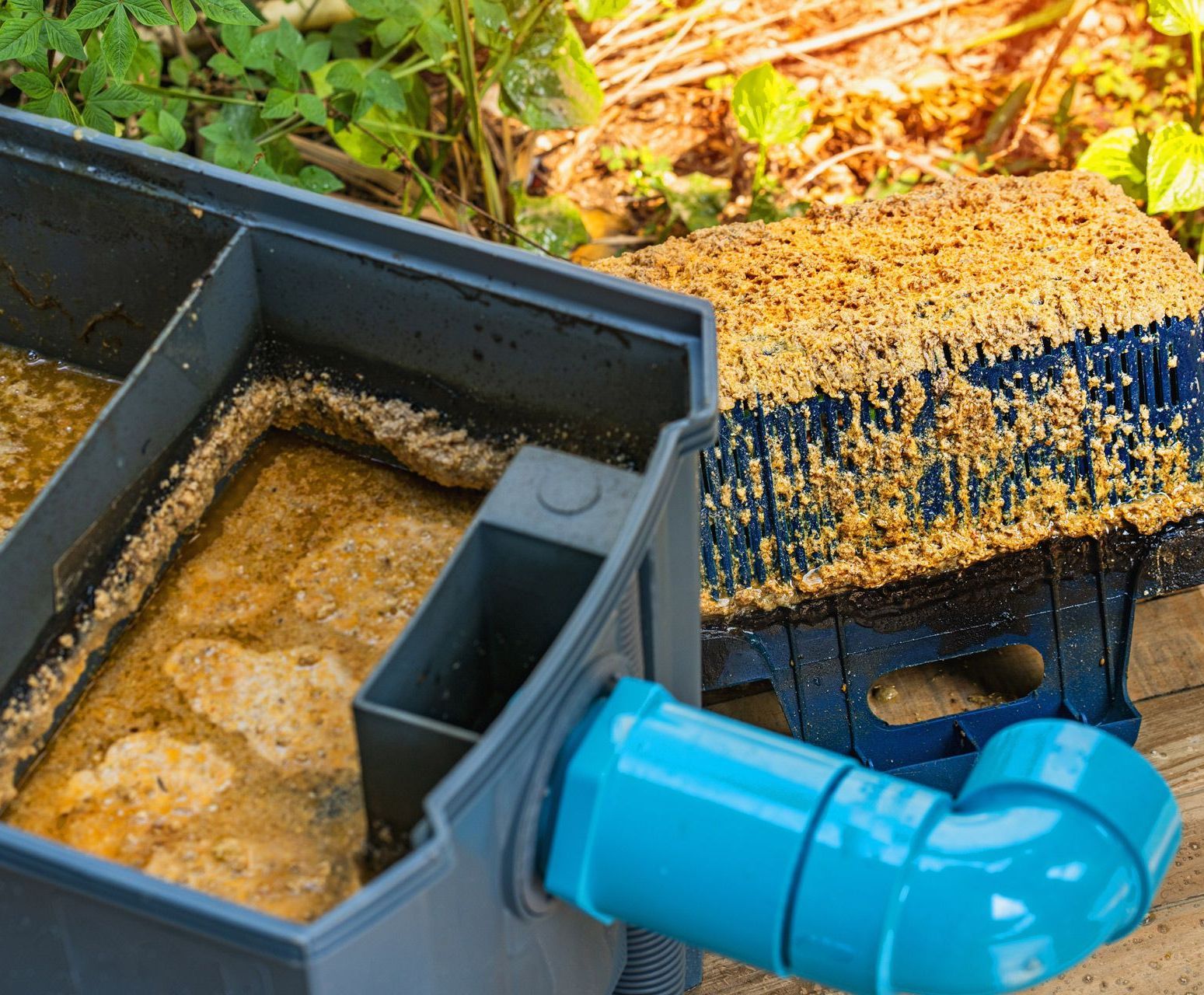
4. Skim Off the Grease Layer
Using a scoop or small bucket, carefully remove the top layer of grease and solid waste. Transfer this waste into designated containers, ensuring you don't spill any on the surrounding area.
5. Empty the Trap
Once the grease layer is removed, proceed to empty the remaining water and waste from the trap. A wet-dry shop vacuum can be particularly effective for this step, ensuring a thorough cleaning.
6. Scrub the Interior
With the trap emptied, use a scrub brush along with soap or a suitable degreaser to clean the trap's interior walls. Ensure you reach all corners and crevices, removing any residual grease or debris.
7. Rinse and Replace
After scrubbing, rinse the trap with fresh water to remove any soap or degreaser. Once thoroughly rinsed, carefully replace the lid, ensuring a tight seal.
8. Dispose of the Waste Properly
It's essential to dispose of the waste collected from the grease trap responsibly. In Boise, there are specific regulations regarding the disposal of FOG. Ensure you're compliant by using designated disposal facilities or services. As highlighted by
Taste of Home, improper disposal of oils and greases can lead to environmental issues and plumbing problems. It's always best to follow local guidelines and best practices when disposing of such waste.
Benefits of Professional Grease Trap Cleaning Services in Boise, ID
In the dynamic culinary world of Boise, ID, maintaining a top-notch kitchen isn't just about the food; it's also about the unseen elements that ensure everything runs smoothly. One such element is the grease trap. While some establishments might consider handling its cleaning in-house, there's undeniable value in opting for professional grease trap cleaning services. Professionals bring a wealth of expertise, honed over years of experience, ensuring the trap is cleaned thoroughly and efficiently. But beyond just the cleaning, there's the intricate maze of Boise's local regulations concerning grease trap maintenance and waste disposal.
Moreover, with the innovative advancements in waste grease conversion, as highlighted in a recent article from Idaho National Laboratory, the potential for waste grease to be transformed into biodiesel fuels is becoming a reality. This sustainable approach not only addresses waste management challenges but also contributes to environmental conservation by producing a cleaner fuel alternative.
Professional services are well-versed in these regulations and advancements, ensuring that restaurants remain compliant, avoiding potential fines or penalties. By choosing a professional service, restaurants not only benefit from impeccable cleaning standards but also the peace of mind that comes with knowing they're adhering to all local guidelines, safeguarding their reputation and operations, and contributing to a more sustainable future.
Proper Oil Collection and Recycling Procedures
In the culinary world, the way we handle and dispose of used cooking oil can have significant environmental implications. Adopting proper oil collection and recycling procedures is not just a matter of responsibility but also a reflection of a restaurant's commitment to sustainability. Let's delve into the best practices that establishments in Boise can adopt to ensure efficient and eco-friendly oil management.
Storage Containers
Choosing the right storage containers is the first step in effective oil collection. Opt for containers that are durable, leak-proof, and have a tight-fitting lid. This ensures that the oil is stored safely, preventing spills and contamination. It's also essential to label these containers clearly, indicating that they're designated for used cooking oil.
Cool Before Collection
After cooking, always allow the oil to cool down before transferring it to the storage container. Pouring hot oil can lead to splatters, potential burns, and can damage the container over time. Waiting for the oil to reach a manageable temperature ensures safe and clean transfer.
Avoid Contamination
When collecting used oil, ensure that it's free from any food particles or other contaminants. Using a fine mesh strainer during the transfer can help filter out any debris. Keeping the oil pure enhances its recycling potential and ensures it meets the standards set by recycling facilities.
Regularly Empty Containers
Even with large storage containers, it's crucial to empty them regularly. This not only prevents overflows but also ensures that the oil quality is maintained. Regularly emptied containers also reduce the risk of foul odors or the oil becoming rancid.
Work with Reputable Recyclers
In Boise, several companies specialize in recycling used cooking oil. Partnering with a reputable recycler ensures that the oil is processed correctly, turning it into valuable products like biodiesel. These companies often provide collection services, making the process seamless for restaurants. For more insights on handling and disposing of used oils, consider checking out this
article which offers valuable tips on managing oil stains and spills.
Local Laws and Regulations for Grease Trap Cleaning in Boise, ID
Boise's bustling culinary scene is not just about flavors and dishes. Behind the scenes, there's a strong commitment to the environment. This commitment is reflected in the city's strict guidelines on managing fats, oils, and greases (FOG) from restaurants. Let's break down these regulations in a more digestible manner.
Installation is Mandatory
Every food service establishment in Boise must have a grease trap. The size and type depend on the restaurant's size and the amount of FOG they produce.
Cleaning Frequency is Key
Depending on how much FOG an establishment produces, the city has guidelines on how often the grease trap should be cleaned. Some might need monthly cleanings, while others might need more frequent attention.
Inspections are Routine
Boise ensures that these grease traps are doing their job. Regular checks by certified experts make sure everything's up to standard.
Keep a Record
Restaurants need to jot down details every time they clean their grease traps. This includes when it was cleaned, how, and by whom. City officials might ask to see these logs during their visits.
Proper Disposal
Once the grease is out of the trap, it needs to be disposed of correctly. Boise insists that this waste goes to licensed facilities, ensuring it doesn't harm the environment.
Conclusion
The culinary delights of Boise are not just about the tantalizing dishes that grace our tables. Behind every mouthwatering meal is a responsibility to the environment, a commitment to ensuring that the by-products of our gastronomic adventures, like fats, oils, and greases, are managed with care. Regular grease trap cleaning and oil collection are not mere operational necessities; they are vital practices that uphold Boise's dedication to environmental sustainability. These procedures ensure smooth restaurant operations, prevent potential environmental hazards, and reflect an establishment's commitment to the community and the world at large.
For establishments seeking a reliable partner in this endeavor,
ECO of Idaho stands out. We're a dedicated provider of grease trap cleaning and oil collection services, serving not just Boise but the broader Idaho region. Our deep understanding of local regulations, combined with our commitment to environmental sustainability, ensures that partnering with us is a step towards a cleaner, greener future for all.
Contact Information
Phone: (208) 867-4607
Email: info@ecoofidaho.com
Address: 1990 S Cole Rd, Boise, ID 83709, United States of America

